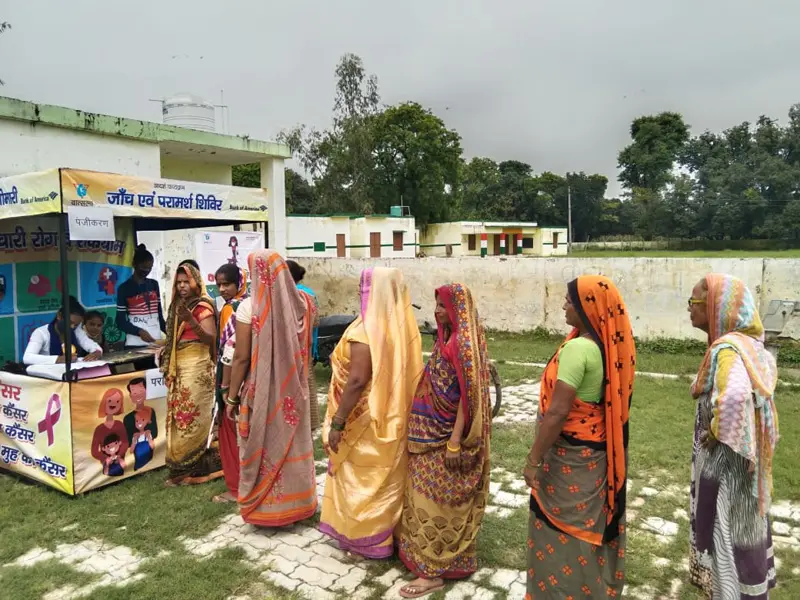
India’s public health system has advanced in many ways, yet beneath the surface lies a troubling reality: non-communicable diseases (NCDs) such as cancer, diabetes, and hypertension are now the leading cause of illness and premature death, even among young people. Awareness of prevention, however, remains minimal, particularly in low-income households.
Early warning signs of these diseases are rarely recognized, screening services are inconsistent, and access to specialists for cancer and cardiology is limited. The result is a rising tide of undiagnosed and untreated cases, overwhelming health facilities and putting families at risk. The socio-economic impact is staggering: NCDs often strike the main earners of households, pushing families deeper into poverty. Studies show households with one member suffering from an NCD spend significantly more on healthcare than those affected by other illnesses. For poorer families, this burden is compounded — risks are detected later, complications are more severe, and the financial fallout is devastating. Alarmingly, fewer than 2% of women in India have undergone screening for breast, cervical, or oral cancers.
Although government programs like Ayushman Bharat emphasize preventive healthcare, gaps in implementation and awareness persist, leaving communities vulnerable.
Our partner organization is addressing this gap through a two-pronged strategy to prevent and manage NCDs, with a special focus on diabetes, hypertension, and cancers of the breast, cervix, and oral cavity:
- Community Awareness & Frontline Empowerment: Training frontline health workers, collaborating with local authorities, and equipping communities with knowledge and tools to recognize risks and take preventive action.
- Health Camps & Early Detection: Organizing regular health camps and education drives to identify cases early, build efficient referral and treatment pathways, and normalize preventive practices such as self-breast examinations.
Frontline workers are being trained to conduct screenings, counsel families, and encourage lifestyle changes that reduce NCD risk. Women are receiving practical guidance for self-exams, while communities are learning to recognize symptoms and demand timely care.
The impact is already visible. More people are being diagnosed at earlier stages, awareness of risk factors is rising, and families are beginning to escape catastrophic healthcare costs. This integrated approach — combining awareness, frontline empowerment, and system linkages — is building healthier, more resilient communities in Uttar Pradesh and creating a model that can be replicated nationwide.

